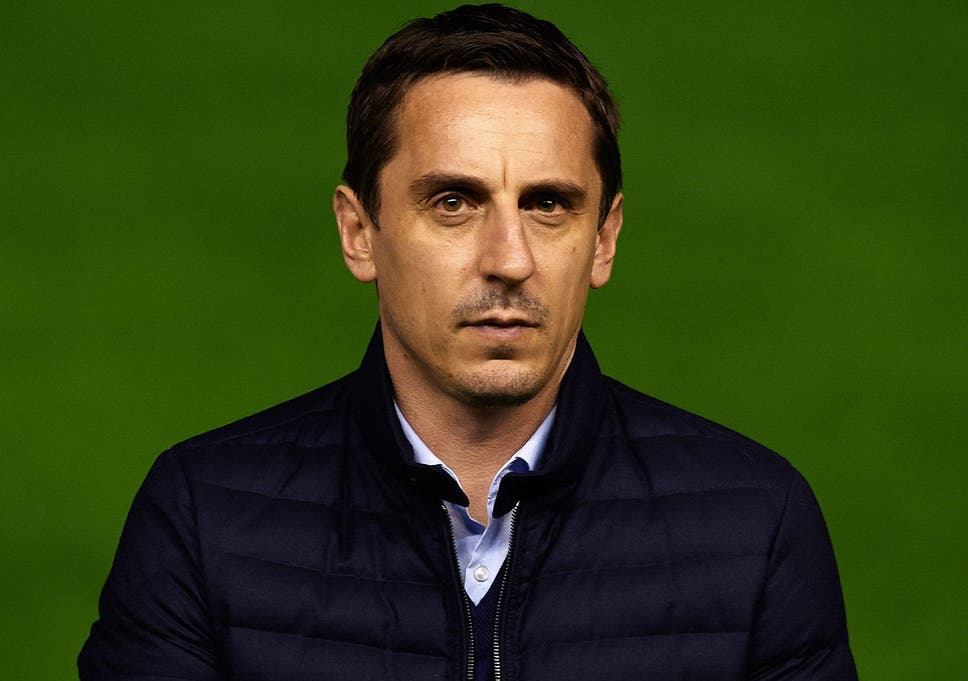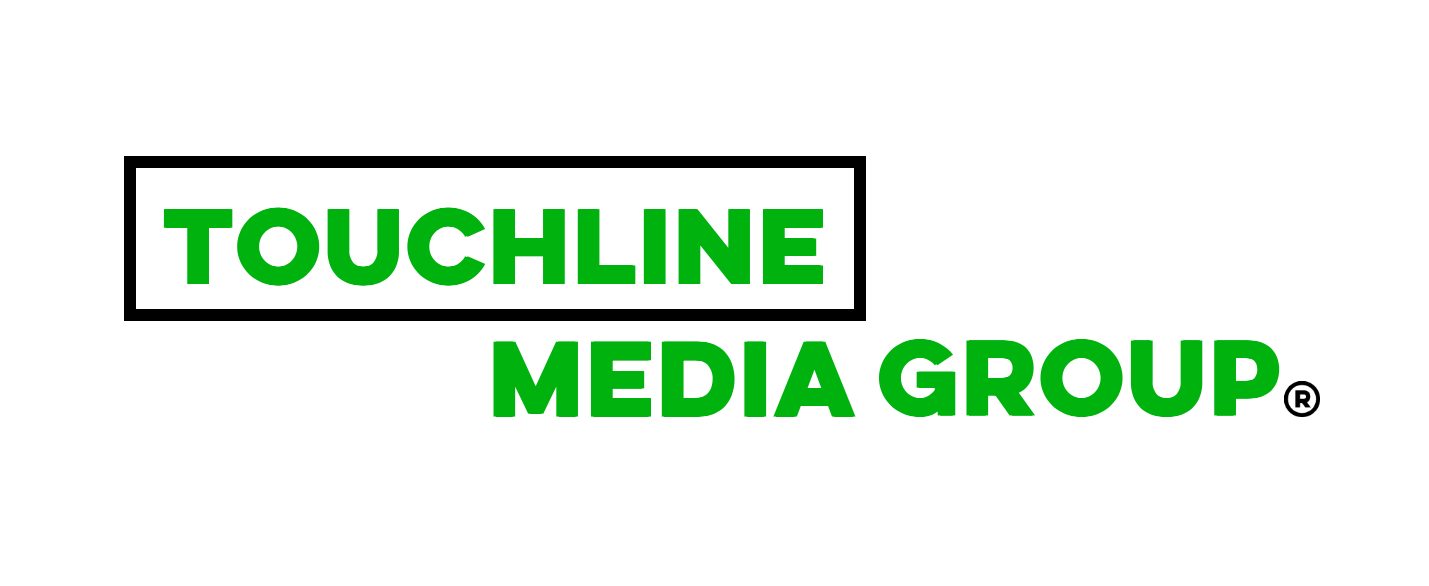When Raheem Sterling aptly addressed the racist abuse he received at Stamford Bridge, he began a discussion which has long been overdue: Why are black players treated differently in the media?
Aside from the wider issue of racism, one response to that question would be: because there are not enough black journalists to represent black players properly. This sentiment was echoed by the flurry of newly popular black journalists, invited onto mainstream platforms for their unique perspective on race, football and the media’s portrayal of Raheem Sterling.
However, had there been greater representation in sports newsrooms, I doubt that these platforms would have needed to scramble for insight from those such as Stan Collymore, John Barnes, Leon Mann or Rodney Hinds, who have all been vocal about this issue long before it became en vogue.
So, in light of Sterling’s post and the subsequent reactions, here are my thoughts and some figures which I collated during my time with BCOMS for the D Word 3 conference in October 2018.

Raheem Sterling of Manchester City FC.
It is no secret that those here at Touchline Fracas and many others have been vocal about the general mistreatment of black football players within sports media. So, the fact that Sterling’s statement introduced this topic to wider, mainstream audiences was a step in the right direction, in my humble opinion.
However, with progressive discussion sometimes comes narcissistic individuals with no aim of providing meaningful discourse, case in point Piers Morgan. The fact that Piers was not swayed by the eloquent and patient explanations of Darren Lewis and Clark Carlisle but seemingly changed his mind after Gary Neville and Jamie Carragher’s “discussion” is emblematic of the issue we find ourselves in today.
Piers understood two middle-aged, white men when they gave their explanation of this issue but was more forceful and reticent to hearing differing opinions when they were posed by two industry experts from BAME backgrounds.
Regardless, I find it hard to understand what Piers would have to take away from Neville and Carragher’s contributions. Neville spent much of this segment anecdotally admitting his mismanagement of the abuse that Sterling received during Euro 2016, despite acknowledging how vulnerable the 22-year-old was at the time. Neville assumed the role of coach and chose only to encourage him for the next match, in the knowledge that there was a tonal difference in what was being written about him in the papers and its grave effect on Sterling.
I understand that it may have been difficult for Neville to admit how he dealt with Sterling in 2016. But my question is: why are sports personalities, pundits and journalists only reflecting on this issue after Sterling’s statement?
Gary Neville also missed the glaringly obvious reason for Manchester Utd’s recent downfall (no prizes for guessing Mourinho) and deciding to scapegoat a French, World Cup winner of Guinean descent, Paul Pogba. It is not as if Neville has had a difficult time giving his firm opinions on managers in the past.
Many will remember his remonstrations of Arsenal’s midfield choices where he labelled Arsene’s tactics as “either naïve or arrogant”. So, Neville does understand that managers are accountable for their team’s performances and personnel.
Yet he seems to be very fixated over Pogba’s scheduled post with Adidas, to the point where he has told him to “do one as well”. This highlights a gaping lack of objectivity which is unacceptable at the highest levels of punditry.
But more pertinently, if this is happening only a week after mass football media reviews its sensitivity of black footballers’ portrayal in the media, what has Neville really learned?

Sky Sports Pundit: Gary Neville.
Figures:
For the World Cup 2018, there were 121 total roles across two major broadcasters (BBC & ITV) and eight national newspapers (The Sun, Daily Mirror, Daily Mail, Daily Express, Daily Telegraph, Times, Guardian and Independent). This is split into 58 broadcasting roles and 63 newspapers roles.
3/63 (4.8%) of newspaper roles across the World Cup were given to journalists from BAME backgrounds. These were Darren Lewis (Daily Mirror), Jonathan Liew (The Independent) and Sami Mokbel (Daily Mail).
10/58 (17.2%) of broadcasting roles were given to people from BAME backgrounds. 9 of those 10 have professional sporting backgrounds.
This is the lack of representation within the mainstream outlets who have been guilty of over-vindication of black players. This is not to say that there are not any talented BAME journalists as that is simply not true.
The reason why I targeted the World Cup specifically is because it gives us a chance to see which pundits and journalists each mainstream outlet chooses to represent them for the world’s biggest sporting event. Which is important for times like this where most journalists and sports personalities are wiping their hands clean of any wrongdoing despite being complicit.
Finally, across the World Cup 2018, 2018 Winter Olympics/Paralympics, 2018 Gold Coast Commonwealth Games, Wimbledon 2018 and 2018 European Championships, there were 338 roles in broadcasting and national newspapers.
5/338 roles went to four Black (African + Caribbean background) journalists/broadcasters without professional sporting backgrounds (1.4%). These were:
- Darren Lewis (Daily Mirror)
- Radzi Chinyanganya (BBC Sport)
- Ronald McIntosh (BBC Sport)
- Kheredine Idessane (BBC Sport Scotland)
Closing remarks:
As riled up as we get about this issue, we must not forget that it does not exist solely within football. This is a societal issue. That’s right. Despite what most may think, racism does not begin or end at Stamford Bridge or The Den.
It exists everywhere.
But, those who plead ignorance to its existence in football will never understand its wider ramifications within society.
